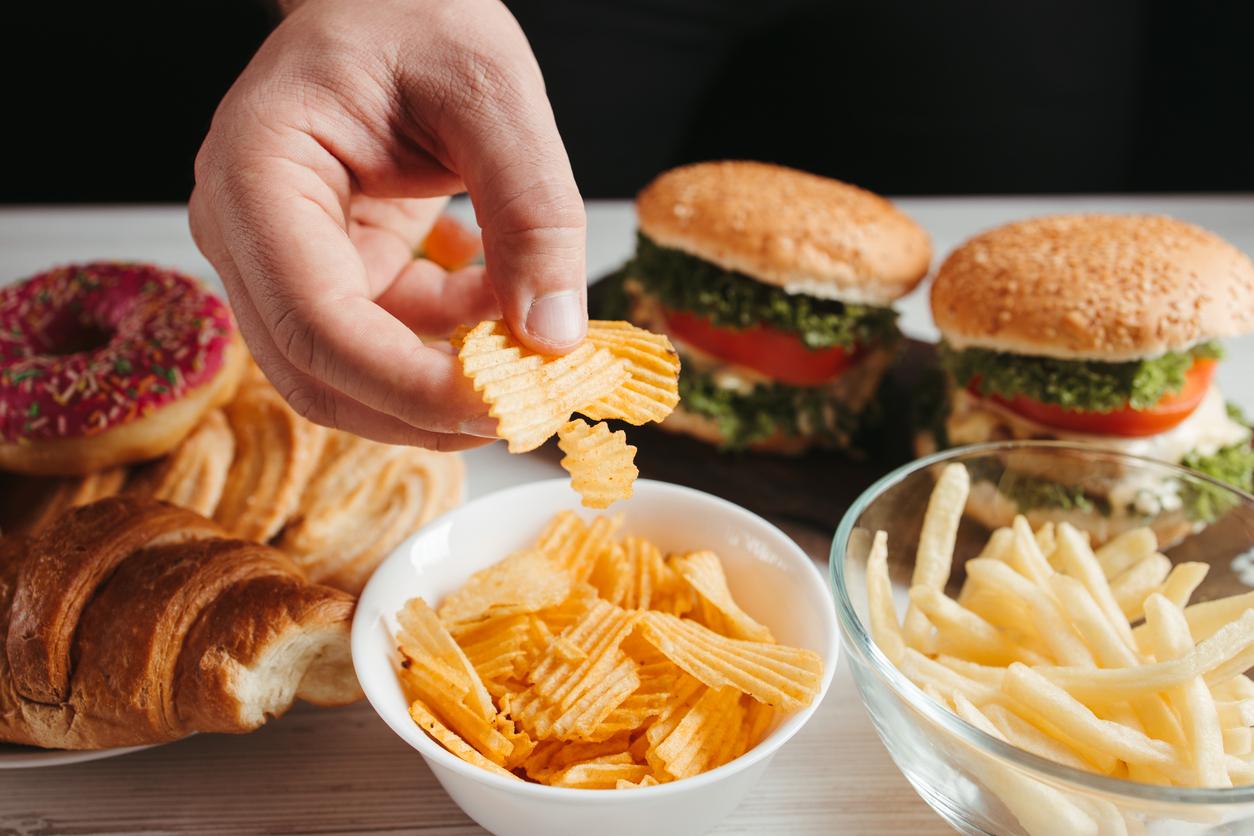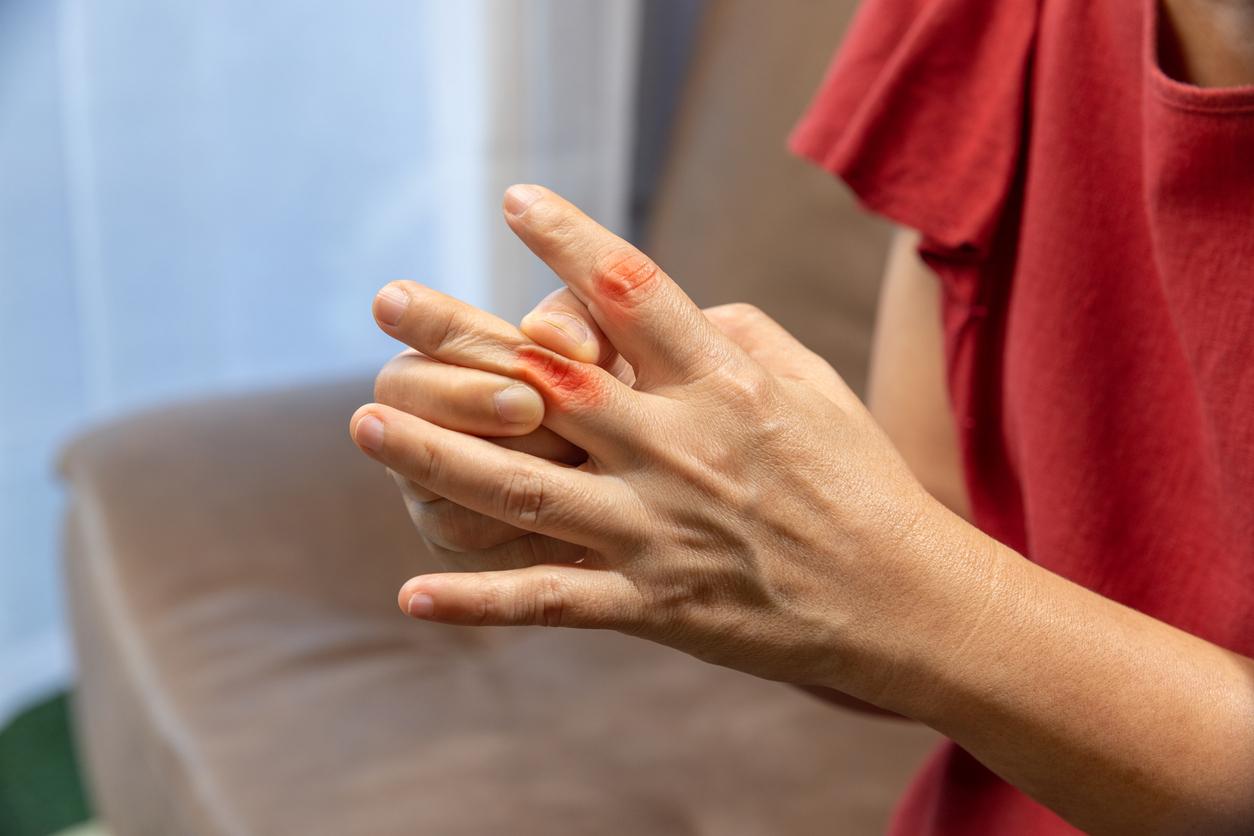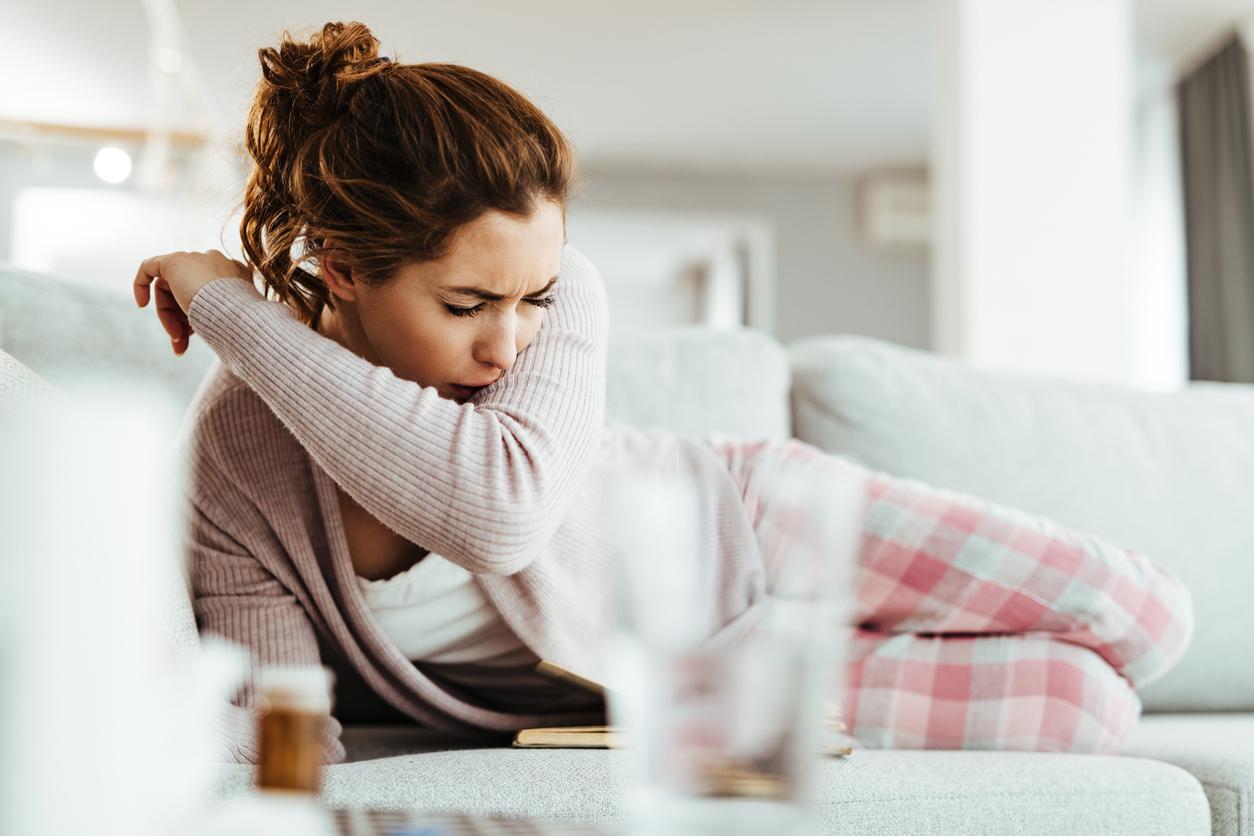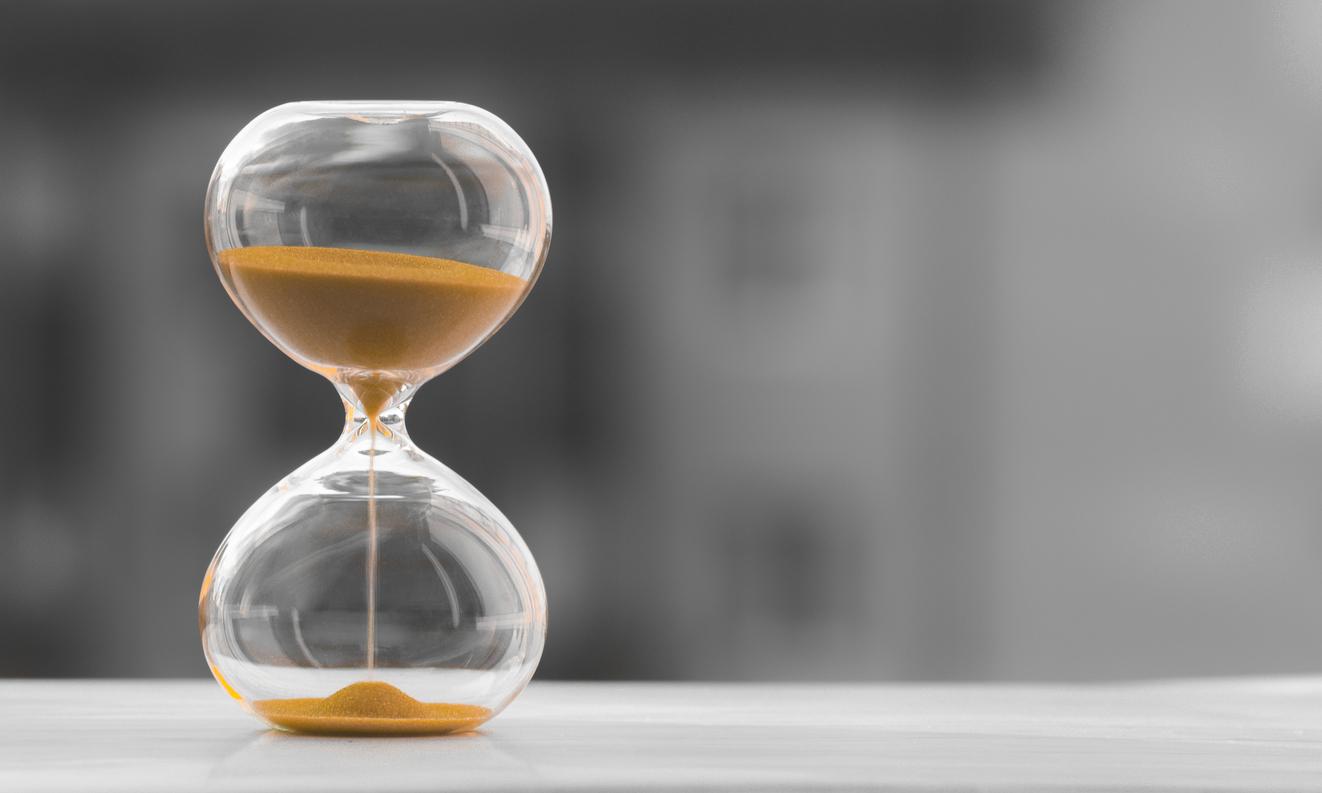Monitoring your weight remains one of the best ways to take care of your health. But be careful that it doesn’t become obsessive. Having your eyes glued to the number displayed by your balance can cause stress, and affect morale.
This can even lead to the development of eating disorders. If you see extra pounds, you can change your way of eating by saying to yourself “at the point where I am”. Or on the contrary, you can start starving yourself so that the weight comes back down. Which is not the best idea for staying healthy. Conversely, if we notice a loss of kilos, we can be happy and eat a lot more!
We must not forget that weighing yourself every day is not really useful for several reasons. No weight loss is linear. And daily monitoring of the scale does not reflect the variation in real weight or fat mass (the one that interests us). It reflects the movements of water in the body and the composition of our diet (salt, for example, which tends to retain water). Weight also depends on previous physical activity or hormonal variations.
We always weigh ourselves at the same time, with the same scale
The ideal rhythm is monitor your weight weekly. But if you want to weigh yourself every day, there are instructions to follow. ” The important thing is to weigh yourself every day at the same time. If you want to do it at 11 a.m., no problem. But we respect this schedule every day “, advises Dr. Laurent Chevallier, nutritionist.
Of course, it’s better to step on the scale undressed. Weighing yourself on an empty stomach is a good idea, and always after going to the toilet. Note that you should really avoid weighing yourself in the evening: the weight is always higher than in the morning, and depending on what we drank or ate during the day, it happens that the scale shows extra kilos. So to avoid finding yourself with low morale, forget your scales in the evening.
The three days in the month that women should avoid weighing themselves
Other times should be avoided. For example after a workout. Sometimes we can observe a few grams less, which is not significant because it is temporary. For women, you don’t weigh yourself two or three days before your period either, then during. Water retention that often occurs during premenstrual syndrome can skew the numbers. ” You can set a weekly weigh-in at the end of the week, for example. And stick to it by stepping on the scale before breakfast. And of course, we use the same scale each time to have the right benchmarks adds Dr. Chevallier.
Thanks to Doctor Laurent Chevallier, nutritionist, author of Lose weight without struggling (Pocket book)



















